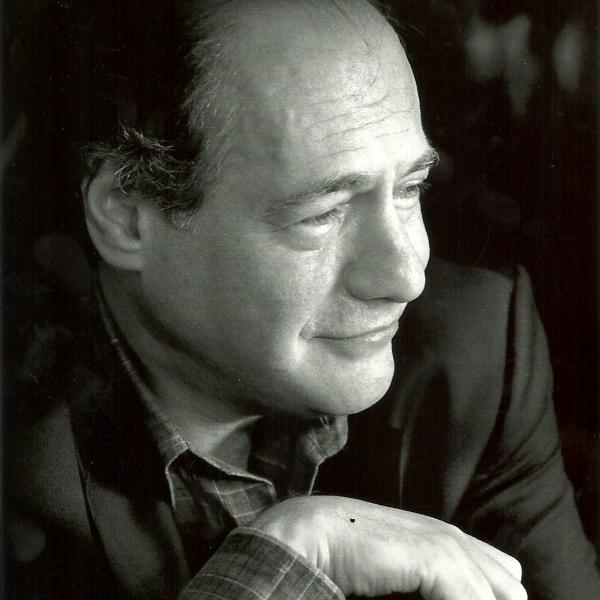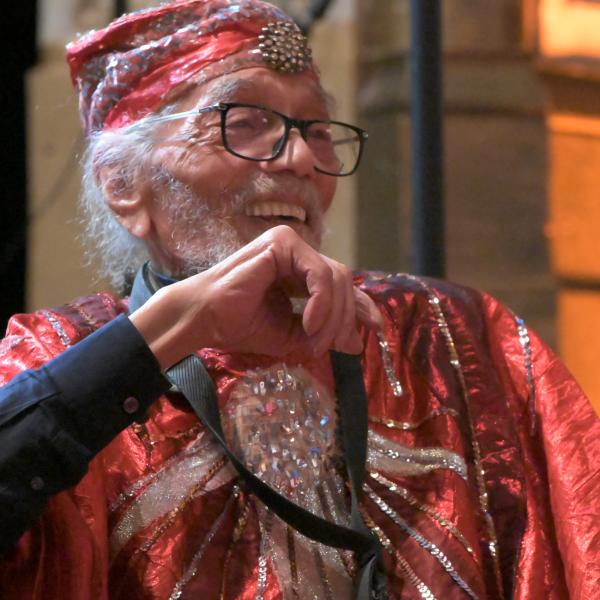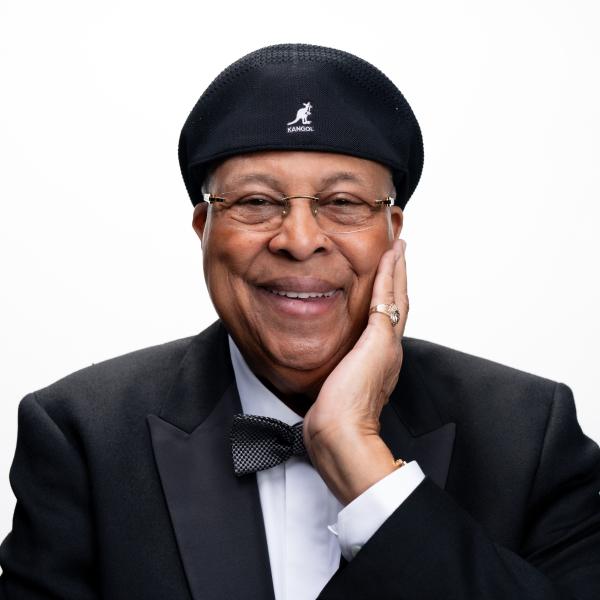NEA National Heritage Tribute Video: John Morris
An acclaimed fiddler, banjo player, guitarist, songwriter, and lifelong resident of Clay County, West Virginia, John Morris is the living carrier of the old-time fiddle and banjo tradition particular to his rural home county and the surrounding area.
Morris grew up just outside Ivydale, West Virginia—in an area once known as “Kidtown”—into a musical family of farmers and teachers. He first started playing music around age seven, learning clawhammer banjo from his grandfather Amos Morris, and guitar from his mother Anna Hill Morris. When he was ten, esteemed Clay County fiddler French Carpenter gave him his start on the fiddle. Morris also studied with Clay County fiddlers Wilson Douglas, Ira Mullins, Lee Triplett, and Doc White, among others. In 1965, John and his brother David (singer, songwriter, and guitarist) formed their band, the Morris Brothers.
In 1968, the Morris bothers became interested in labor rights, leading to them offering their music to Joseph A. “Jock” Yablonski’s campaign for president of the United Mine Workers of America (UMWA). As they traveled across the region and country with the UMWA into the next decade, they shared their original and traditional songs performed in the Clay County style. John and David saw traditional mountain culture as a source of empowerment for Appalachian people in their struggle against exploitation by the mining industry. That connection was recognized by Barbara Kopple, who featured the Morris Brothers’ music in her Academy Award-winning documentary Harlan County, USA, supported by the National Endowment for the Arts. In the late ’60s and early ’70s, John and David hosted old-time music festivals across the state and region, including the Morris Family Old-Time Music Festival at their family home place. That festival model, located in the rural areas where the tradition and its practitioners lived and which encouraged sharing between locals and outsiders, young and old, became the gold standard for a community-based traditional music festival in Appalachia.
Morris has taught fiddle and banjo at the traditional music camp Allegheny Echoes, the Augusta Heritage Center, Dwight Diller’s Yew Pine Mountain Retreats, and the 4-H Mountain Heritage Weekends. He has been recognized by the West Virginia Music Hall of Fame (as the Morris Brothers, following David’s passing in 2016), at countless fiddler’s conventions, and was the 2015 recipient of the West Virginia Heritage Fiddler Award.
In 2018, Morris was a master artist in the West Virginia Folklife Apprenticeship Program, leading an apprenticeship in old-time fiddle and Clay County storytelling with Jen Iskow. He regularly invites young people to his home to play, learn, and share stories. Morris continues to play a crucial role in sustaining and promoting West Virginia traditional music and is one of the few fiddlers to continue an older regional style, infusing his playing with all the sounds of Clay County—its environment, its history, and its people.
By Emily Hilliard, West Virginia State Folklorist, West Virginia Humanities Council




